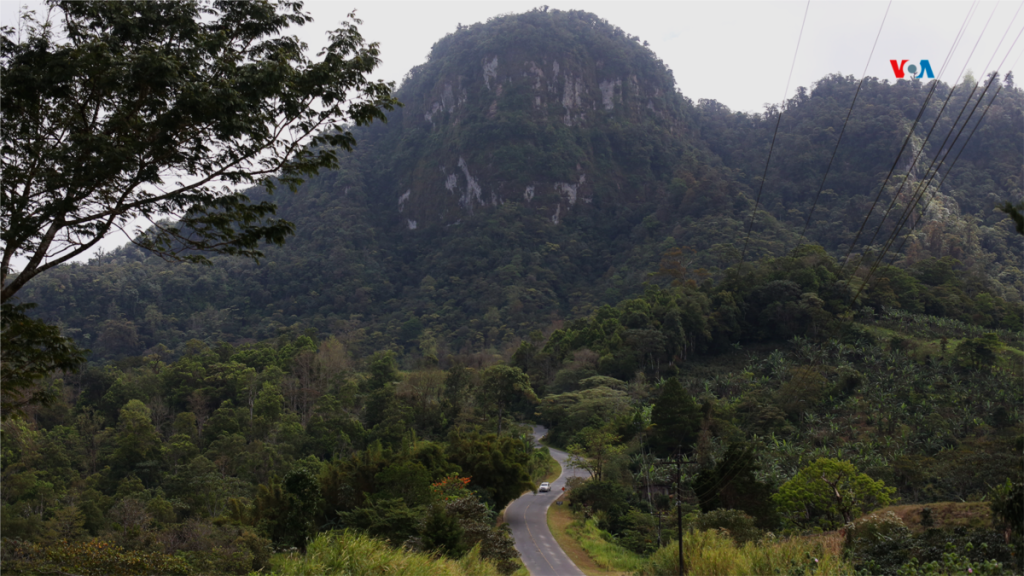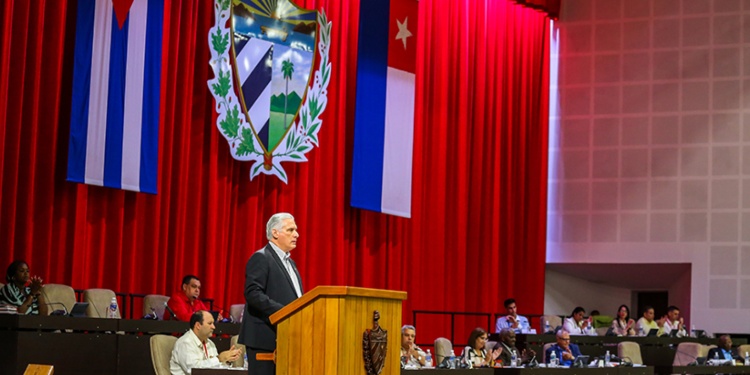D
For a long time now we have We have heard about the growing social divide and the way in which values have been disrupted, being overtaken by materialism, apathy and the speed of a world that rarely stops to look at and help its neighbor.
Even in the report data Confidence Barometer 2023 It is mentioned that 65 percent of respondents worldwide say that the lack of civility and mutual respect today is greater than they have seen in their lifetimes and for 62 percent, the social fabric has become too weak to serve as a basis for unity and the common good.
Even if we want to deny it, day after day we witness how violence, crime, indifference, polarization, resentment and even hatred have taken over our daily lives, which is reflected in the media. It is true that various institutions are carrying out work that is increasingly focused on building meaningful relationships in which values and solidarity prevail; however, this effort has been surpassed.
As time goes by, scientific and technological advances are taking place in stages that surprise us year after year. So, how did we get to this strange paradox in which the social fabric has been fractured? It is no longer just a matter of asking ourselves: what have we done to make indifference take over society? But also: why have we abandoned the teaching of values and principles? What has happened for us to consider crime to be something natural?
Asking ourselves this question encourages us to look inside ourselves, not only within ourselves, but also within our families and close circles, to learn from the mistakes we have made, to listen more carefully to those who need it, and to rethink the actions undertaken so far. It is true that the answers to the questions posed are not easy, because they involve different political, cultural, religious and social aspects and actors. However, what I am convinced of is that, as I have mentioned on repeated occasions, integral and coordinated work is the only way to face the different crises.
We have reached a turning point that, although it is probably recognizable at first glance, is difficult to combat. How can we rescue children and young people from a future where cruelty seems to be the common denominator? Firstly, it must be understood that many of the problems such as insecurity, violence, organized crime and lack of development are due, in part, to a breakdown in the social fabric, so the causes must be addressed, observed and analyzed. root
of the problem, as the virtual president-elect, Claudia Sheinbaum Pardo, mentioned: […] It must be developed in a model that prioritizes attention to the causes of violence, the reconstruction of the social fabric and continuity in the construction of a Mexico in which peace is the fruit of justice.
.
The implementation of cultural and educational programs and training, together with ongoing work from each family, could become indestructible allies that can guide youth towards goals of development and personal growth, but above all, combat the high levels of violence that plague the country.
Secondly, it must be understood that, although the State and its institutions are essential to making changes in society, they are not the only ones responsible, because today more than ever we have to integrate social organizations, religious associations, the educational system and, of course, society in general.
Last but not least, we cannot forget that phrase attributed to the pastor and activist Martin Luther King: I am not worried about the cries of the violent, the corrupt, the dishonest, the unethical. What worries me most is the silence of the good.
Indifference cannot continue to hold us back; we need to restructure social responsibility and also encourage family and community participation among children and young people, without neglecting their comprehensive education.
On many occasions it is thought that radical actions are what trigger a true change, and although in some situations this may be true, it is also true that to begin the reconstruction of the social fabric, the transformations must begin in personal perception, family treatment, coexistence in different social circles to finally see each other as what we are: brothers.
Empathy is one of the most complex abilities, but in such a changing and unstable world, we need to take it as an emblem, as the American poet and humanist Walter Whitman said: I don’t ask the hurt person how he or she feels. I become the hurt person myself.
.
* Consultant on security, intelligence, education, religion, justice and politics














